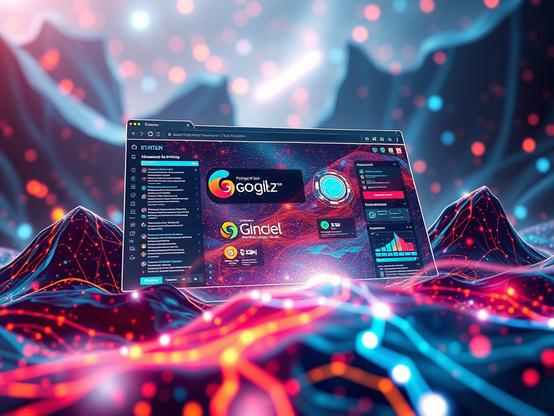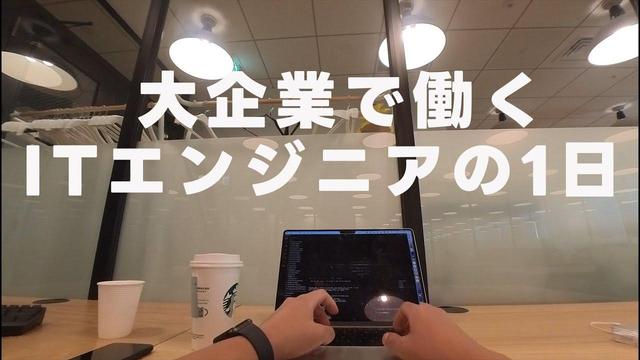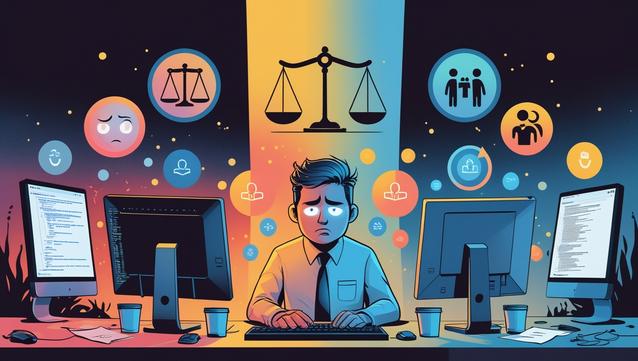Browser wars, a hallmark of the late 1990s tech world, are back with a vengeance—thanks to AI – Fortune
Photo Illustration by May James — SOPA Images / LightRocket via Getty ImagesBrowser wars, a hallmark of the late 1990s tech world, are back with a vengeance—thanks to AI
By Beatrice Nolan, Tech Reporter and By Jeremy KahnEditor, AI
October 11, 2025 at 7:00 AM EDT
Tech companies are racing to build browsers that not only fetch information but act on your behalf. Among the new entrants is Comet, an AI-native web browser created by Perplexity.
Photo Illustration by May James—SOPA Images/LightRocket via Getty Images
The early days of the internet saw intense competition between graphical web browsers: Netscape Navigator faced off against Microsoft’s Internet Explorer. No sooner had Explorer won that conflict than a new war for marketshare erupted between Explorer, Mozilla’s Firefox, and Google Chrome. This time Chrome emerged as the dominant player, with a marketshare that has been above 60% for most of the past decade, while the next closest rival, Apple’s Safari, has been stuck in the mid-teens.
But now, AI is shaking up the browser market, with companies beginning to incorporate new generative and agentic AI capabilities directly into the web navigation tool. That in turn is sparking a fierce new war for users, with Google Chrome, now enhanced with Google’s AI model Gemini, fighting upstarts like Perplexity, with its Comet AI browser, and battered veterans of past browser fights, like Opera, trying to get their mojo back with AI enhancements too.
For nearly two decades, the basic browsing experience, aside from a few minor improvements, remained largely unchanged. Users typed a url in the navigation bar, or typed a search query in that same space—a feature that Opera first pioneered but which was soon copied by Google—and the browser takes the user to that web address or a search results page, which displays a list of links. Click on a link and the browser takes you to that web page.
Now, tech companies are betting that users want a new kind of experience: a browser that can answer questions, not just provide a list of links, and that can do far more than just navigate a user to a web page—one that can perform tasks for the user on that page, such as booking travel or completing a purchase.
“This is probably the biggest shift since we’ve seen the browser itself become the gateway to the internet. For 30 years, the browser was about navigation. Type, click, explore. Now, with AI, it’s changing the model completely. It’s moving from browsing to delegating,” George Chalhoub, assistant professor at UCL Interaction Centre, told Fortune.
Tech companies, including Perplexity and Opera, have already launched agentic AI browsers that can perform tasks on behalf of users. Perplexity’s Comet combines a web browser with a built-in AI agent that can read pages, summarize information, and even perform multi-step actions, such as booking appointments or sending emails. Similarly, Opera’s Neon introduces features like “Do,” which can carry out actions on a user’s behalf, and “Cards,” which store custom workflows and prompts for repeated use.
Continue/Read Original Article Here: Browser wars, a hallmark of the late 1990s tech world, are back with a vengeance—thanks to AI | Fortune
#1990s #2025 #AI #America #artificialIntelligence #BrowserMarket #Chrome #Comet #Education #Firefox #Fortune #Google #History #InternetExplorer #NetscapeNavigator #Safari #Science #TechWorld #Technology #UnitedStates #WebBrowsers








